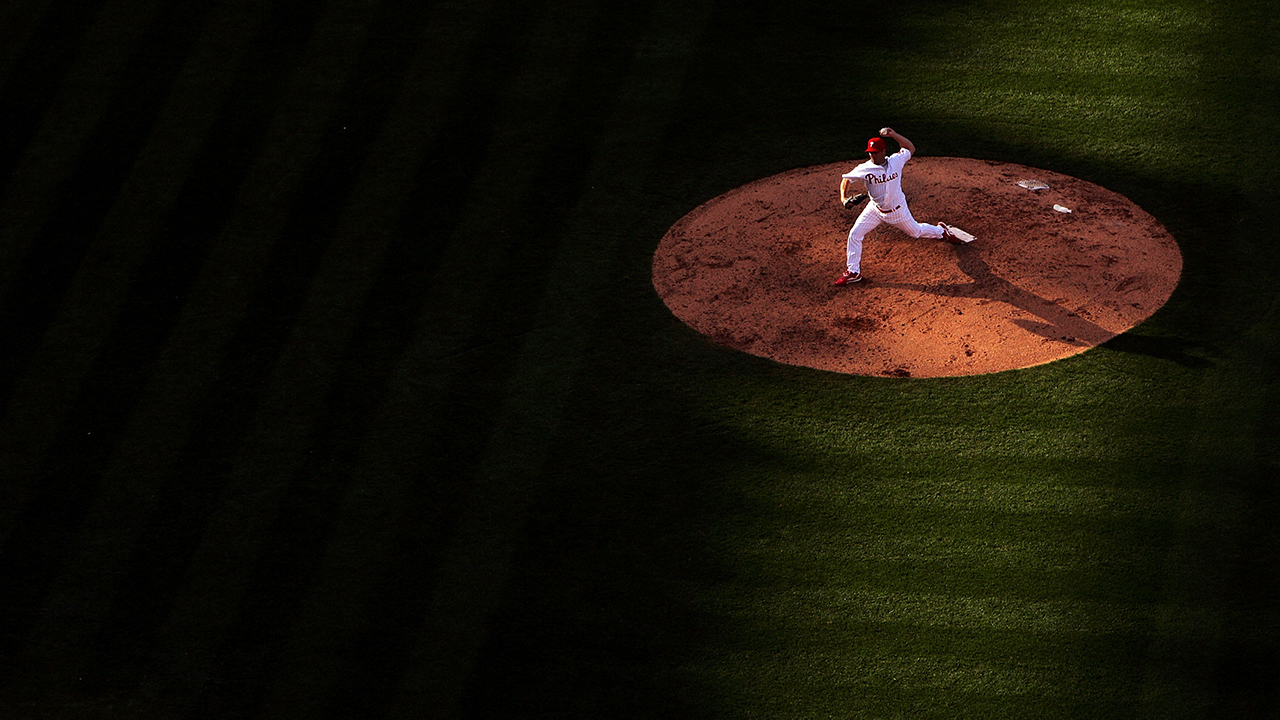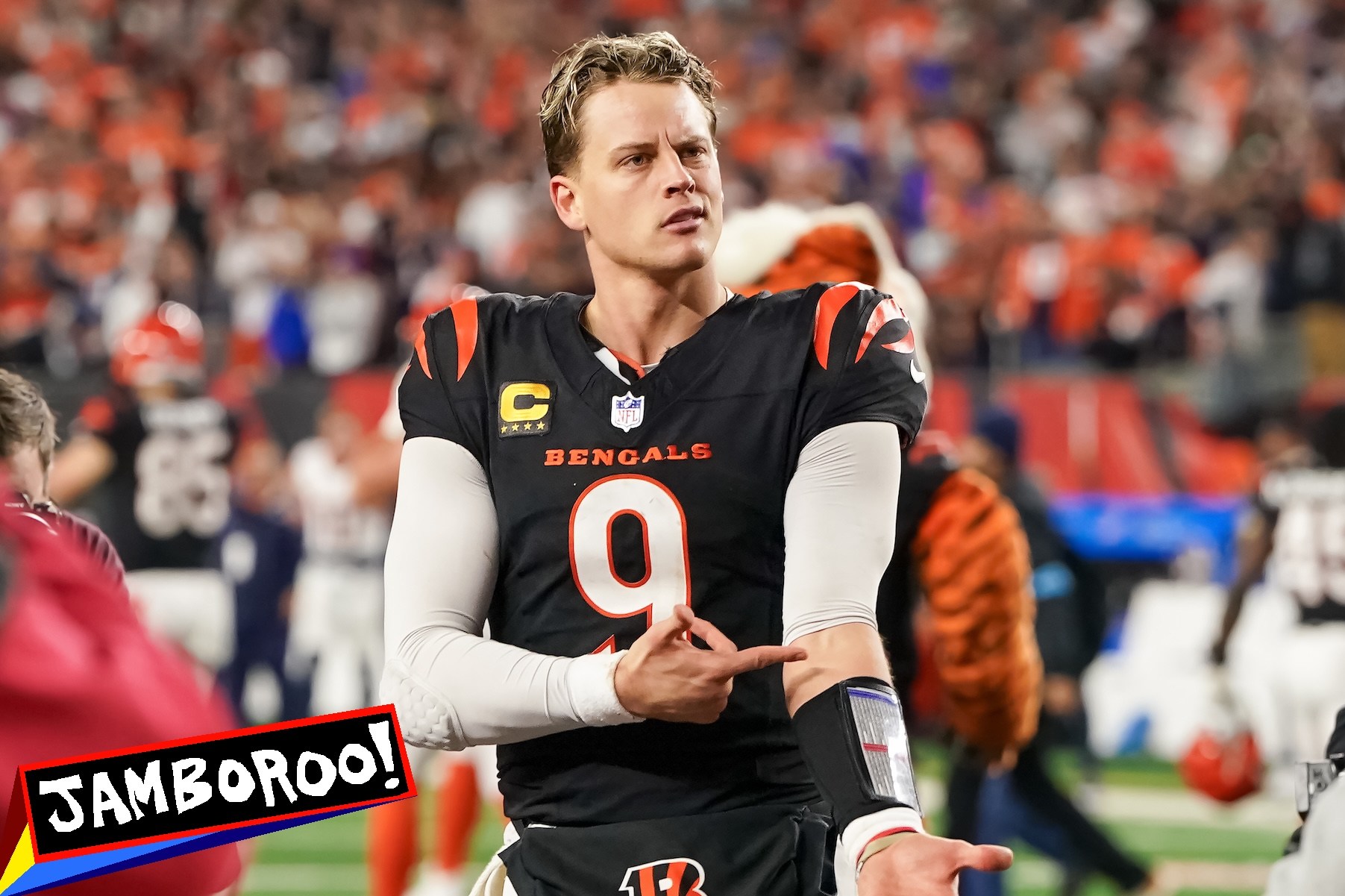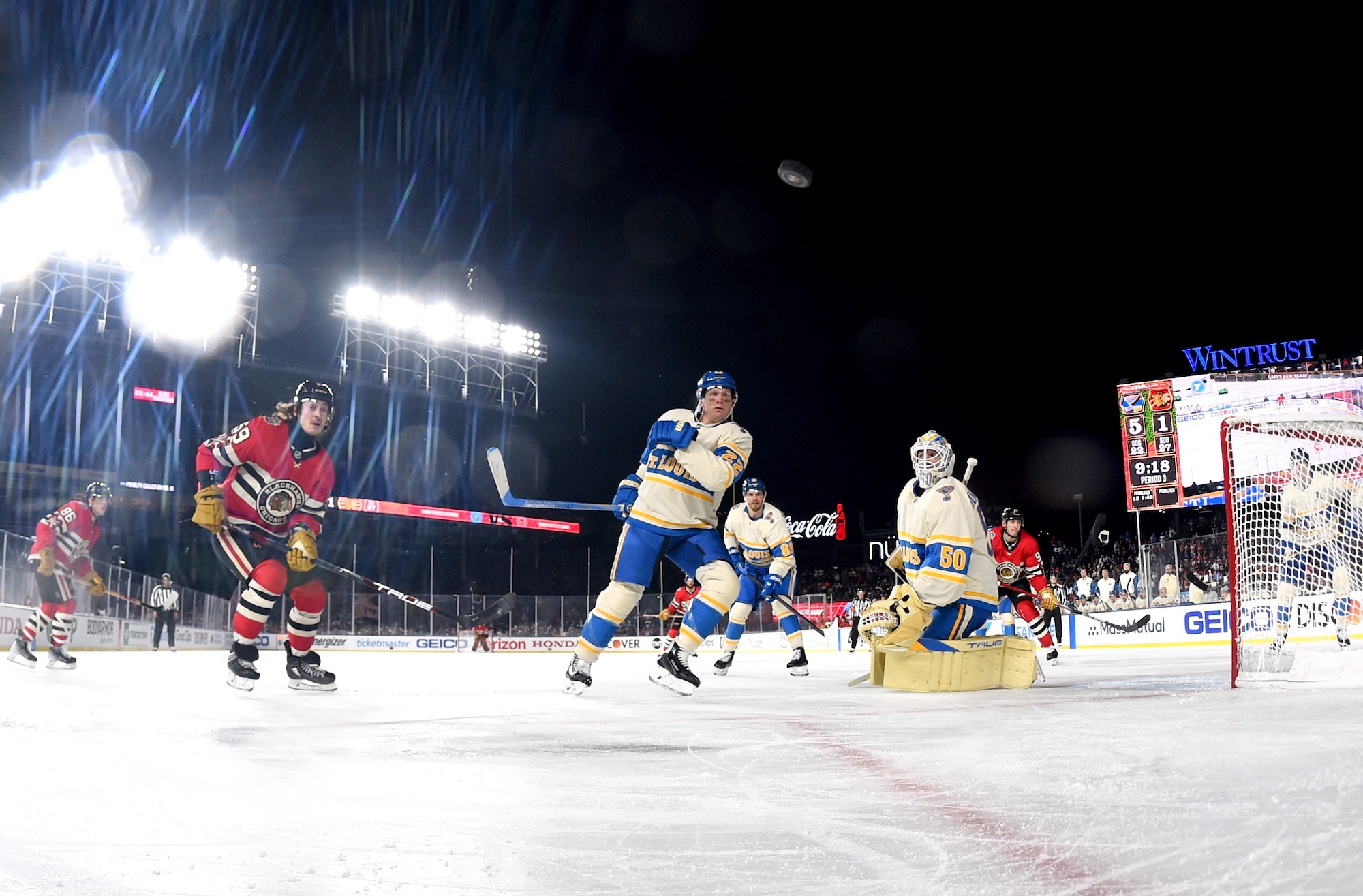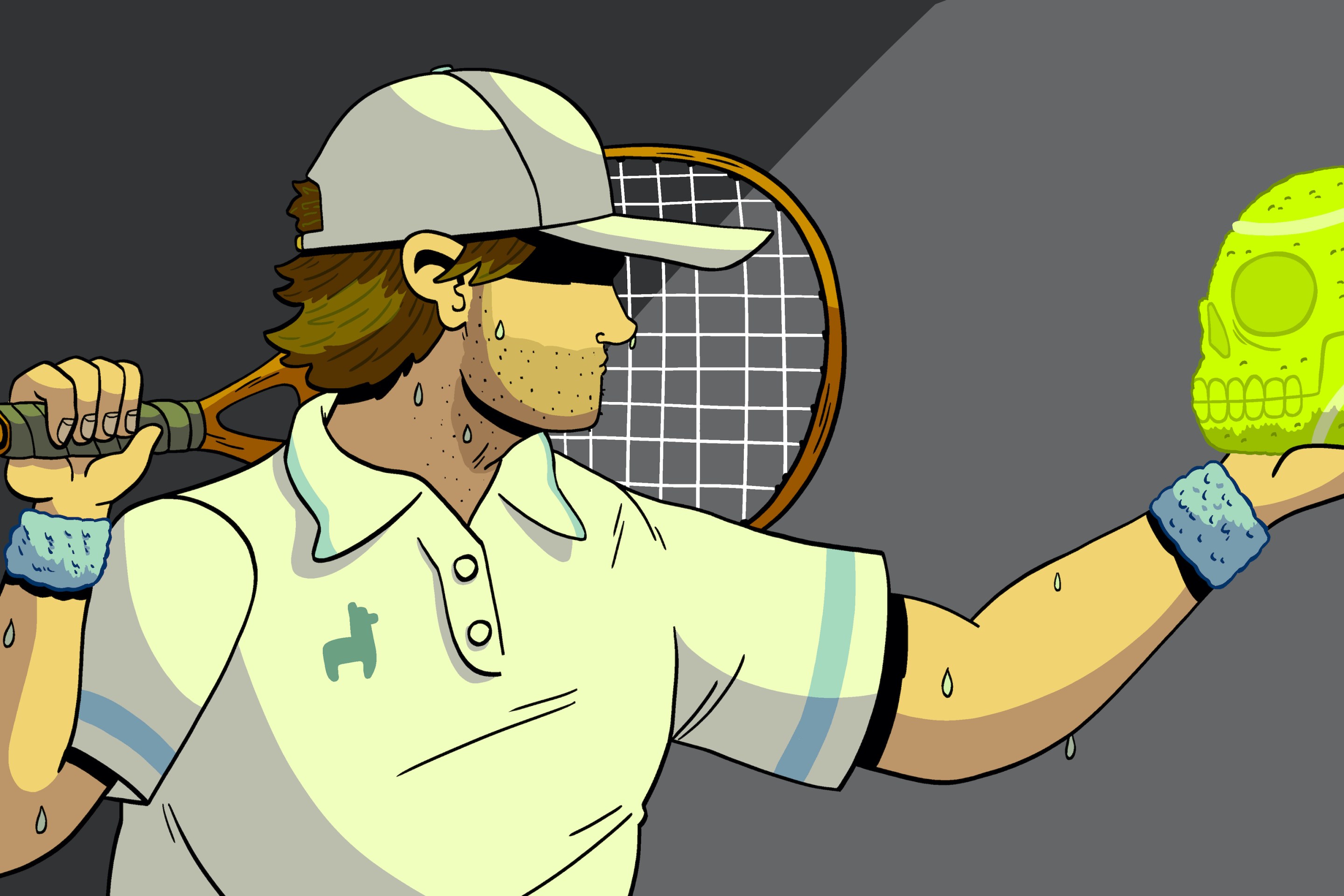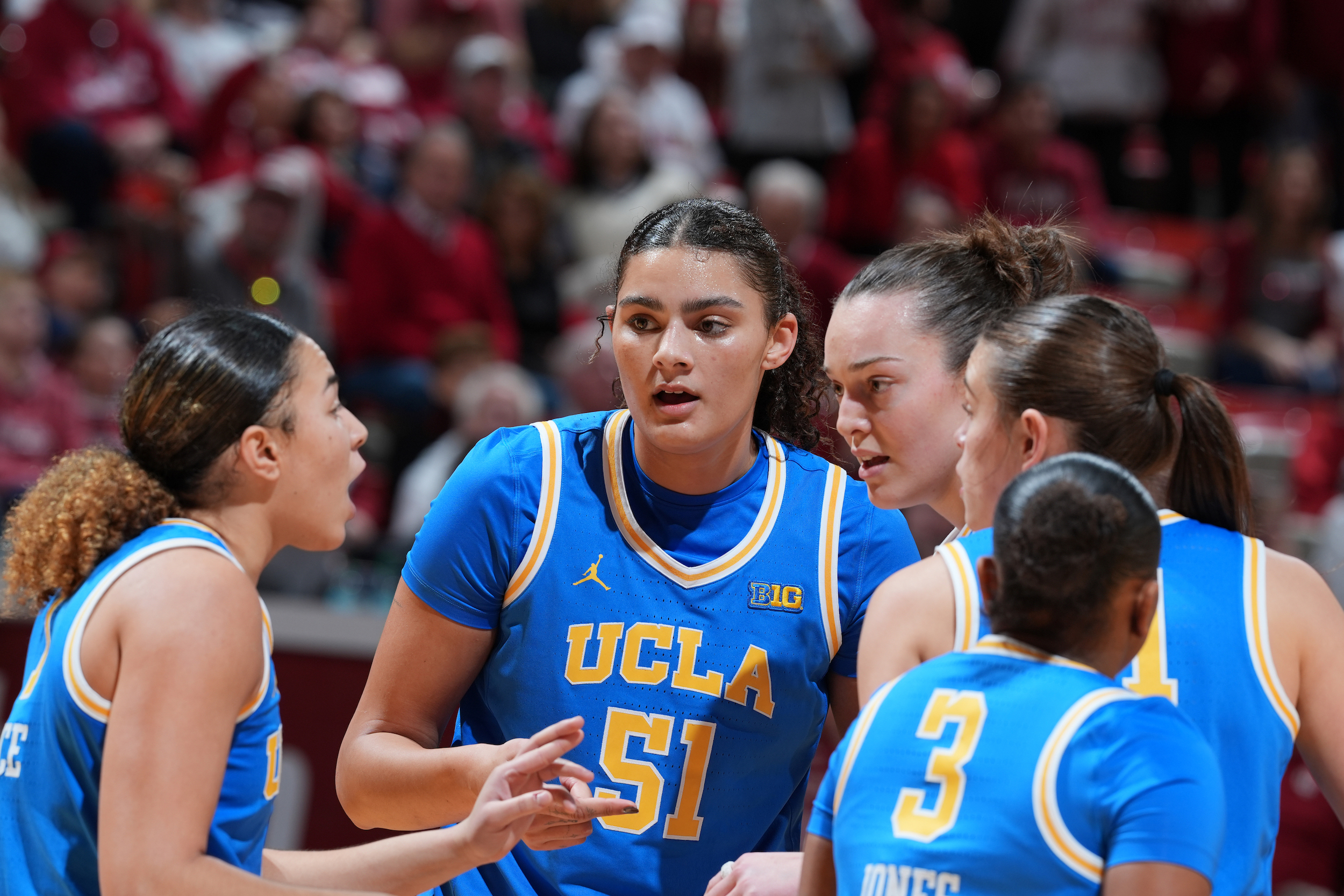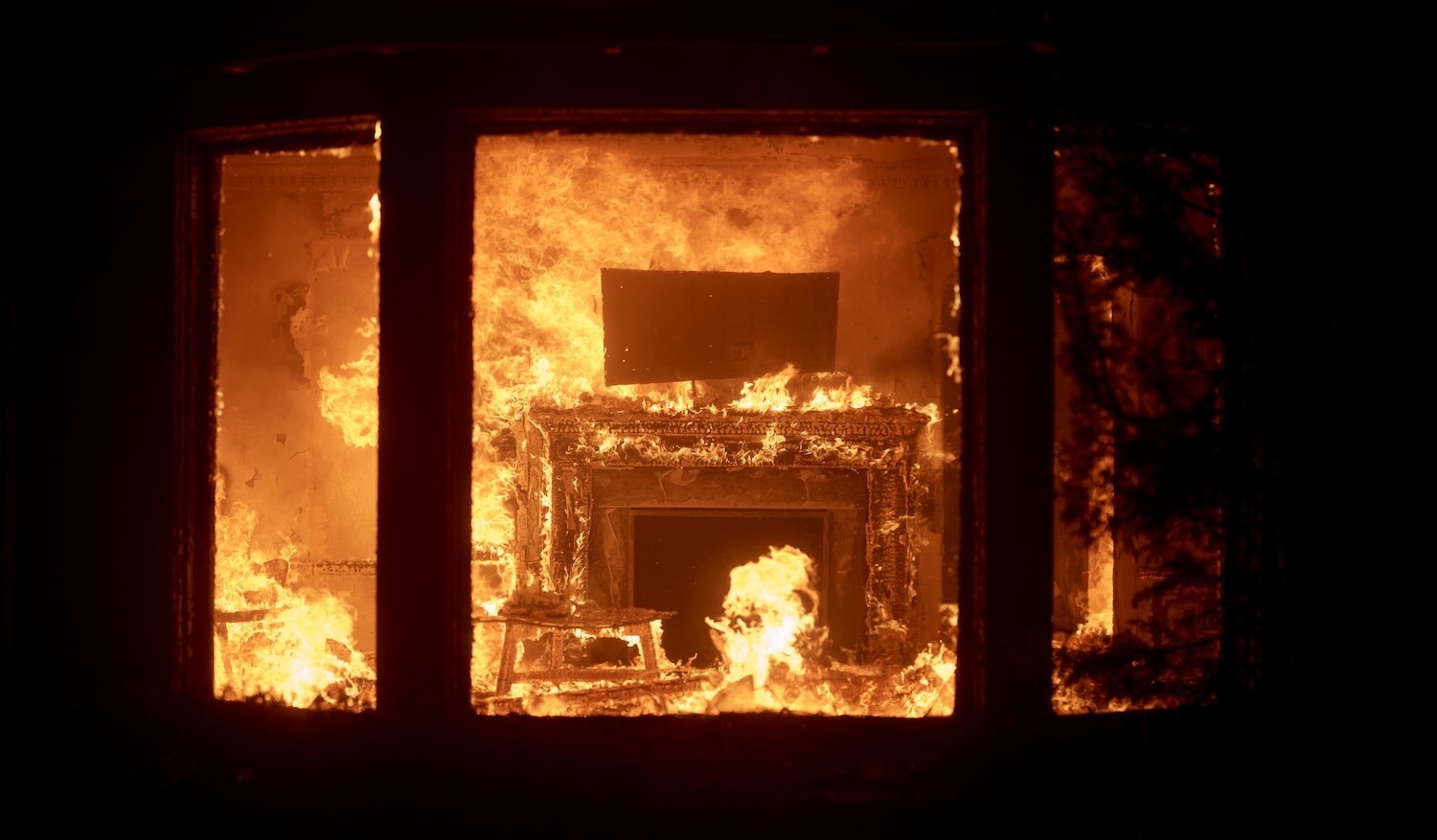The most compelling attribute that Rheal Cormier brought with him into the 2003 season was that he was under contract. That was the assessment of Associated Press sportswriter Rob Maaddi. “Rheal Cormier’s job as the second lefthander in the bullpen,” he wrote in February of that year, “probably is safe because he’s signed through this season.” Cormier was behind the young Carlos Silva in the bullpen—and maybe behind Turk Wendell, too, who was attempting to return from an injury. Jose Mesa was locked in as the Phillies’ closer.
Cormier’s position in the bullpen wasn’t anything new. He was about midway through what wound up being a very long career when he signed with the Phillies before the 2001 season. He was just OK that season, as he was in many of his 16 seasons. In Cormier's first year with the club he logged 51 ⅓ innings with a 4.21 ERA; he threw 60 innings in 2002, but his ERA rose to 5.25. But his 2003 season, which he entered as an under-contract afterthought, would be by far the best of his career. He threw 82 ⅔ innings with a 1.70 ERA. He went 8-0. Per Baseball-Reference, he was fifth among NL pitchers in win probability added.
Cormier, who spent 16 seasons in the major leagues between 1991 and 2007, died Monday from complications related to cancer. He was 53. Longtime Phillies beat guy Jim Salisbury remembered him as “good people, always there when the Phillies needed him for a hospital visit or to do something in the community.” He says, because of that, he thinks of Cormier often. I myself will never forget the season when Cormier was suddenly unstoppable.
That 2003 season was the Phillies’ last at Veterans Stadium and their first with slugger Jim Thome, whom they’d enticed to the team with a big free-agent contract. Things went wrong that year for Cormier right from the start. In February, Cormier was practicing bunts against a pitching machine. He fouled a ball straight off his face, leaving himself with a massive black eye. Cormier gave up some runs in spring training, but Phillies manager Larry Bowa said he looked good; he was keeping the ball down. He made the team, but was on the hot seat from day one. Bowa remained optimistic about Cormier, despite his ballooning spring training ERA. “It does not matter down here,” he said. “It does not matter.”
The Phillies actually went south to start the season, opening with a series in Miami. They won the first two. Cormier came in with the Phillies down 3-2 in the third game and extended his awful spring into games that did matter. He gave up a two-run double to Ivan Rodriguez and a three-run homer to Mike Lowell—five runs in his first outing. Bowa said he threw the wrong pitch to Rodriguez, but was still confident in him.
“We’re all saying splitter, and he threw a slider in the middle of the plate,” Bowa said postgame. “He didn't get it done today. We have to find a way for him to get confidence and get people out.” Cormier had a 22.50 ERA after one game.
That ERA would drop—a lot. Cormier didn’t give up another run until May 21, a span covering 20 ⅓ scoreless innings. He was starting to look dominant. After a 16-2 victory over the Braves, The Morning Call’s Don Bostrum wrote: “Rheal Cormier tidied up in a vintage Randy Johnson fashion in a game that often resembled one of those parallel universe often found in Superman comics.” But Cormier’s 2003 was no Whatever Happened to the Man of Tomorrow? Against the Padres on May 4, he came in with the bases loaded and no outs and got out of the inning in just five pitches, helping the Phillies preserve a win. “He went above and beyond what he had to do,” Randy Wolf said.
By June, columnist Mike Sielski was calling Cormier’s season a “renaissance.” He pitched into and out of a jam in one of the most exciting Phillies games of my lifetime, a wild 13-inning, 6-5 win over Boston; later, a commemorative bottle opener would be made of Todd Pratt's walkoff home run. (This was a weird time; later that season, a player revolt against Bowa involved several players bleaching their hair like “ringleader” Tyler Houston, who was later released.)
Cormier didn't get an All-Star nod, but he was the best middle reliever in the NL. On July 19 he made a diving stop of an Endy Chavez dribbler, tagging out Michael Barrett at the plate to keep a game against the Expos knotted at two in the ninth inning. The Phillies won on a walkoff Marlon Byrd homer. By August, a fifth of Phillies fans wanted him to be closer, per a Daily News poll. (Jose Mesa had blown some saves.) It helped that the Veterans Stadium mound was considered the best in baseball.
The Phillies were making a push for their first playoff bid since 1993 that year, but fell out of the running during a tough September to finish five games behind the eventual World Series champ Marlins in the Wild Card standings. Cormier continued his brilliance throughout. After giving up those five runs in his disastrous first appearance, he allowed only 13 more the rest of the season. His win on September 27, which came after he pitched a scoreless 10th inning before Chase Utley drove in Jim Thome in the bottom frame, was the final Phillies win in Veterans Stadium. (Cormier also had the first win for the Phillies in their new stadium next season.)
Cormier would never have another year like 2003, of course. But for that one year, he was about as close to perfect as a relief pitcher can be.
“Rhéal was one of the most vibrant people I’ve had the pleasure of knowing,” Thome told MLB.com. “He loved baseball, but he always put his family first. Frenchy was the kind of guy who would do anything for you and I’m lucky to have called him my friend for many years. Our time spent together in Philadelphia as teammates was unforgettable.”
